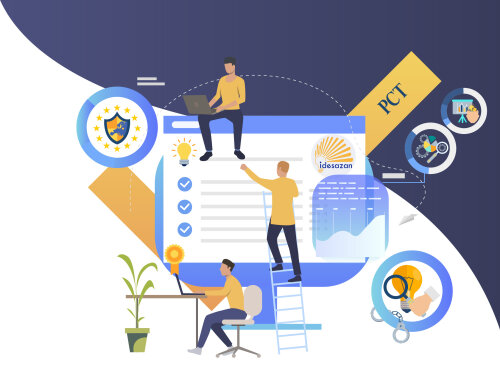Best Information Technology Lawyers in Iran
Share your needs with us, get contacted by law firms.
Free. Takes 2 min.
Or refine your search by selecting a city:
List of the best lawyers in Iran
About Information Technology Law in Iran
Information Technology law in Iran governs the use and regulation of technology, telecommunications, and the internet. It covers issues such as data protection, e-commerce, cybercrime, and intellectual property rights.
Why You May Need a Lawyer
You may need a lawyer in the field of Information Technology in Iran for various reasons, including resolving disputes related to software licensing, drafting contracts for IT services, protecting your intellectual property rights, and ensuring compliance with local regulations.
Local Laws Overview
In Iran, the key laws related to Information Technology include the Computer Crimes Law, the E-Commerce Law, and the Data Protection Law. These laws regulate aspects such as online transactions, data security, and electronic communications.
Frequently Asked Questions
1. What are the main regulations governing Information Technology in Iran?
The main regulations include the Computer Crimes Law, the E-Commerce Law, and the Data Protection Law.
2. How can I protect my intellectual property rights in Iran?
You can protect your intellectual property rights by registering your copyrights, trademarks, and patents with the appropriate authorities in Iran.
3. What are the penalties for cybercrimes in Iran?
The penalties for cybercrimes in Iran vary depending on the offense but may include fines, imprisonment, or both.
4. Can I transfer personal data outside of Iran?
Transferring personal data outside of Iran is subject to certain restrictions under the Data Protection Law. It is advisable to seek legal advice before doing so.
5. How can I ensure compliance with local IT regulations in Iran?
You can ensure compliance with local IT regulations in Iran by staying informed about the latest laws, conducting regular audits, and seeking legal advice when needed.
6. What are the legal requirements for setting up an e-commerce business in Iran?
The legal requirements for setting up an e-commerce business in Iran include registering your business, obtaining necessary permits, and complying with consumer protection laws.
7. Can I use encryption technology in Iran?
Using encryption technology in Iran is allowed, but you must comply with the regulations set forth by the relevant authorities.
8. What are my rights as a consumer when using online services in Iran?
As a consumer using online services in Iran, you have rights related to privacy, data protection, and quality of service. You can seek legal advice if you believe your rights have been violated.
9. How can I resolve a dispute with my IT service provider in Iran?
You can resolve a dispute with your IT service provider in Iran through negotiation, mediation, or litigation. It is recommended to seek legal advice to understand your options.
10. What steps should I take if my intellectual property rights are infringed in Iran?
If your intellectual property rights are infringed in Iran, you should gather evidence of the infringement, notify the infringing party, and consider taking legal action to protect your rights.
Additional Resources
For more information on Information Technology law in Iran, you can consult the Iranian Ministry of Communications and Information Technology or seek guidance from legal professionals specializing in IT law.
Next Steps
If you require legal assistance in the field of Information Technology in Iran, it is recommended to consult with a qualified lawyer who has experience in IT law. They can provide you with personalized advice and guide you through the legal process to protect your rights and interests.
Lawzana helps you find the best lawyers and law firms in Iran through a curated and pre-screened list of qualified legal professionals. Our platform offers rankings and detailed profiles of attorneys and law firms, allowing you to compare based on practice areas, including Information Technology, experience, and client feedback.
Each profile includes a description of the firm's areas of practice, client reviews, team members and partners, year of establishment, spoken languages, office locations, contact information, social media presence, and any published articles or resources. Most firms on our platform speak English and are experienced in both local and international legal matters.
Get a quote from top-rated law firms in Iran — quickly, securely, and without unnecessary hassle.
Disclaimer:
The information provided on this page is for general informational purposes only and does not constitute legal advice. While we strive to ensure the accuracy and relevance of the content, legal information may change over time, and interpretations of the law can vary. You should always consult with a qualified legal professional for advice specific to your situation.
We disclaim all liability for actions taken or not taken based on the content of this page. If you believe any information is incorrect or outdated, please contact us, and we will review and update it where appropriate.
Browse information technology law firms by city in Iran
Refine your search by selecting a city.










